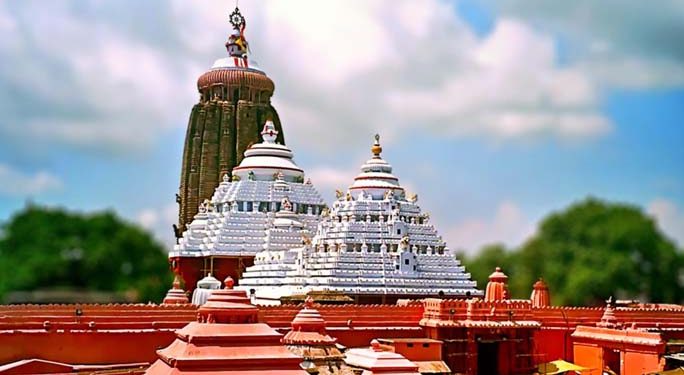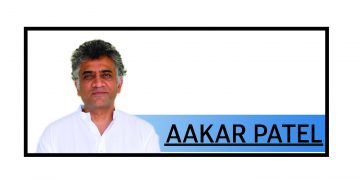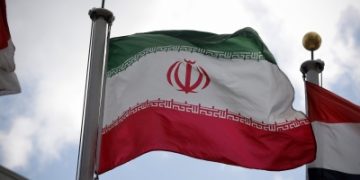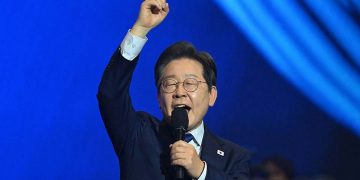Bhubaneswar: State Law Minister Pratap Jena Saturday indicated that the Shri Jagannath Temple Act may be amended, if required, as a section of the servitors have expressed resentment in the wake of the Supreme Court’s suggestions to introduce reforms in Puri temple management.
“We are yet to receive a copy of the Supreme Court’s order. Considering all aspects of the issue, the court has given its interim order. This has sparked a debate. The state government will take an appropriate decision after studying the final verdict of the court. We will examine it and if required, will go for necessary amendments into the Srimandir Act,” Jena told reporters.
Stating the state government is always ready to introduce reforms in the temple, Jena said Justice BP Das Commission was constituted for this very purpose and it has submitted its report. “We are going to implement the recommendations made by the Commission and it will be brought to the notice of the Supreme Court.”
While the Puri Shankaracharya, who is the head of Mukti Mandap inside Srimandir, disapproved of the apex court’s suggestions, Gajapati Maharaja Dibyasingha Deb has indicated that state government should be able to provide adequate security to the temple and the deities, if non-Hindus are allowed to visit the shrine.
At a press conference here, BJP leader Bijay Mohapatra said stopping the servitors’ hereditary practice is difficult and if done, it would create chaos. Earlier, the Puri district judge had suggested to the Supreme Court to abandon the practice of hereditary service rendered by the temple servitors.
Stating that the hereditary service is clearly mentioned in section 15, clause 1 of Shree Jagannath Temple Act, 1952, he wondered why the Advocate General, who was representing the state government at the time of the submission of the report by the Puri district judge, did not oppose the recommendation of the apex court on the matter?
The BJP leader further said there should be no comparison of Shree Jagannath temple with other temples. The Puri temple is unique in terms of its traditions. Here the servitors perform at least 120 varieties of rituals for the dieties.
Urging the Gajapati king to intervene in the matter as he is the first servitor of the Lords, Mohapatra suggested that he, the Pontiff of the Govardhan Peeth, the state Chief Secretary, law secretary and the Advocate General should discuss the matter and take a final decision consensually.
Strongly opposing the SC’s proposal to allow entry of people of non-Hindu community into the temple, Vishwa Hindu Parishad (VHP) said it would file a review petition in the Supreme Court to reconsider its proposal. “The state government will be requested to reconsider its proposal to this effect failing which we will file a review petition in the Supreme Court,” VHP state working president Badrinath Patnaik said.
Meanwhile, the Pradesh Congress Committee (PCC) president Niranjan Patnaik said God cannot be divided on religious segments. Earlier, he had welcomed the proposal to allow non-Hindus into the temple.
Similarly, senior BJD leader Damodar Rout said, “Lord Jagannath is a symbol of secularism and non-Hindus have been barred from entering the temple for hundreds of years. It is not possible for me, to say either to break the tradition or oppose it. I can’t assume its repercussions.”
However, minister Maheswar Mohanty (BJD) opposed the proposal to allow non-Hindus into the temple. He said if it is allowed, conducting Rath Yatra would be meaningless, as the Lords come out of the temple to give darshan to all people.
Seer favours tradition
Puri Sankaracharya Nischalanand Saraswati Saturday emphasised the need to uphold Srimandir traditions in the wake of the apex court’s suggestions to initiate reforms measures. “The presiding deities of Srimandir are worshipped in accordance with religious texts and traditions. Any deviation in this regard is unacceptable,” said Saraswati in a written statement from Raipur.
The pontiff said people and the authorities should consider Srimandir and its deities as divine entities. “We must not consider the shrine as a showpiece,” he said.






































